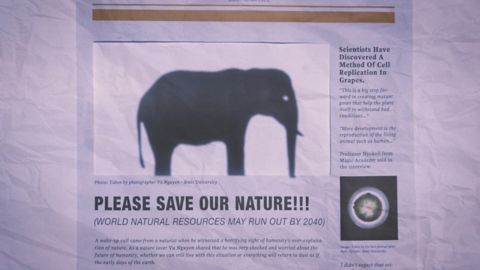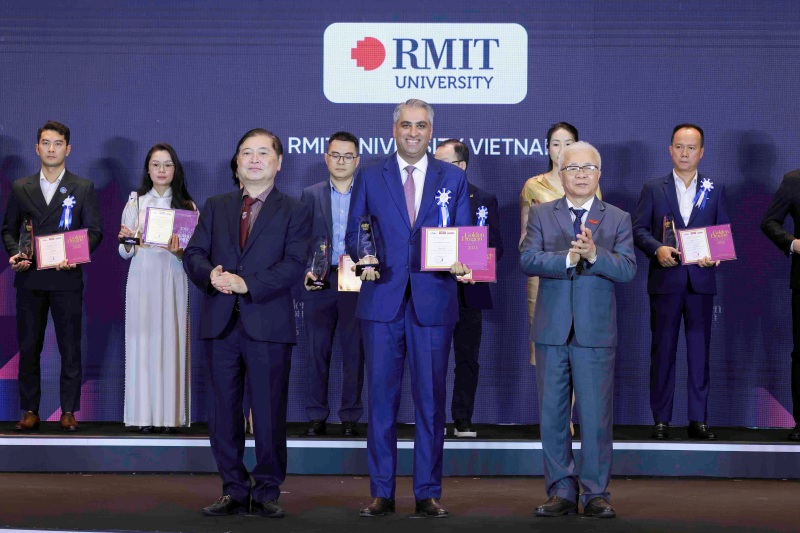Growing through competitions: RMIT graduates share their journey
Stepping outside the classroom can be intimidating, but competitions offer more than just trophies. They sharpen skills, build awareness, and open doors to real-world opportunities.
Scammed in paradise: Facebook fraud hits Vietnam’s tourism industry
As Vietnam gears up for the public holidays from 30 April to 4 May, and with the summer travel season just around the corner, RMIT academic Dr Daisy Kanagasapapathy warns that online scams targeting tourists are likely to spike.
RMIT Vietnam awarded Golden Dragon Award for 21st time
RMIT University Vietnam has once again been honoured with the prestigious Golden Dragon Award, marking its 21st consecutive win.
A launchpad for green careers: Sustainability Impact Challenge
On 17 April, the Sustainability Impact Challenge (SIC) 2025 initiated by RMIT University was officially launched at International University – Vietnam National University Ho Chi Minh City.






